A student proposes a new topic. It is up to the adviser to accept or reject the topic. If he accepts the topic, the adviser will supervise that student with that topic.
Now this is where it gets me.
A meeting is scheduled between the student and the adviser that will be for discussion pertaining to that topic.
If I make a meeting_table. How should I refer the meeting? With regard to the topic that was selected? If this was the case then topic_id will be the foreign key.
Or should I refer it by using advisor_id and student_id as the foreign keys?
Which would be an easier approach? as I'll be making a web application after completing the database design.
